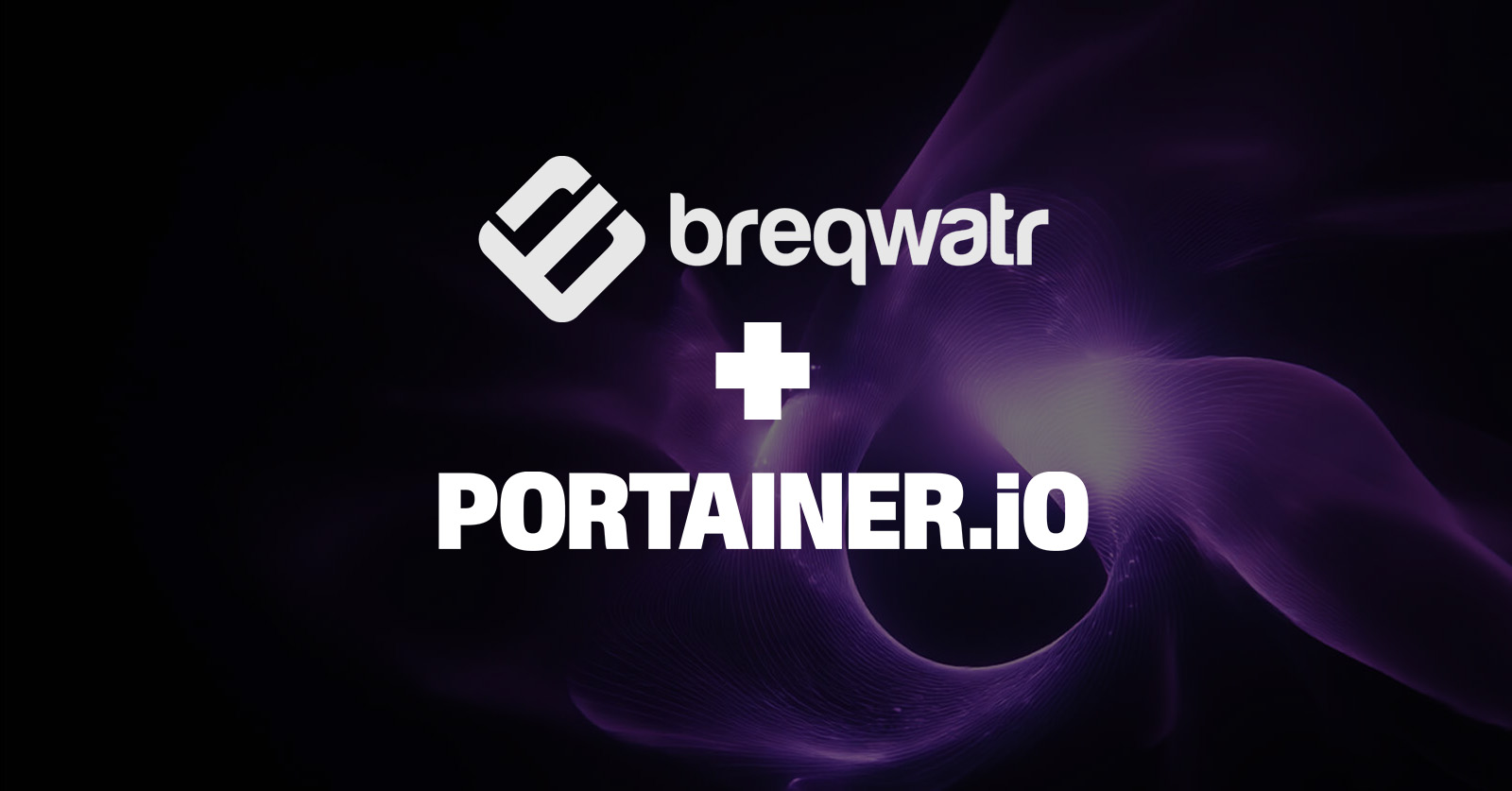Over the last couple of months as part of our STS (Short Term Support) program, we've rolled out multiple new versions of Portainer with a number of new features, fixes, and updates. We wanted to highlight some of these changes that you may have missed and encourage you to have a look at the STS branch to see what we're working on.
What is STS?
Short Term Support releases are identified with an “STS” suffix and are versions that are supported and maintained until the release of the next STS or LTS version. Use STS versions if you are interested in getting the latest features faster and don’t mind upgrading more frequently.
- Read more about STS vs LTS releases in our Lifecycle Policy.
- Read more about the importance of keeping your Portainer version up-to-date.
- For information on how to update to STS releases please refer to Updating Portainer.
New Features in Portainer STS
- Performance optimizations
The latest STS release builds on the previous versions' optimizations to performance to once again increase the responsiveness of the Portainer experience. In particular we've made improvements to search speed on the Home page (useful for those with a lot of environments), along with a raft of improvements to significantly improve the load times of Kubernetes-related pages. We've also moved some of the webhook logic into the background to help to avoid timeouts.
- Smaller Git clones
The STS branch brings a small but potentially quite impactful change to how we do our Git clones which should help to reduce the size on disk of those clones. If you're using our Git repository functionality when deploying stacks you may notice a reduction in the amount of disk space used by each clone going forward.
- Improved logging for OAuth and Edge
We've made some adjustments to logging and error reporting in the STS branch, specifically in the OAuth and Edge areas. OAuth logs now have increased verbosity which should help with diagnosing issues with authentication timeouts. Edge API calls now report additional information when they error, including the environment ID and name, to aid in better identification when dealing with large numbers of Edge environments.
- Podman support
The STS branch brings official Podman support to Portainer for the first time. While Podman has partially worked in previous versions, there have been some functionality and compatibility issues that we've worked to resolve in this release.
At present we support Podman 5.x on CentOS 9. While other versions of Podman on other Linux distributions may work, we have not fully tested outside of the above options as of yet.
Enhancements and Fixes
- Removal of included Docker Compose binary
In the STS branch we have made internal changes to the way in which we interact with Docker Compose stacks, removing our reliance on an included Docker Compose binary and moving to a more API-focused approach. As well as reducing our exposure to potential CVEs in third-party binaries, this has resulted in an improvement in performance when using stacks on Docker environments.
- Added conditions to Kubernetes nodes
To better indicate the status of your Kubernetes nodes, we've added the Conditions column to the Kubernetes node view. This column will display whether any of your nodes are affected by conditions such as DiskPressure, MemoryPressure, PIDPressure or NetworkUnavailable.
- Fixed Kubernetes regressions
We've fixed some of the Kubernetes regressions introduced in previous STS releases. Standard users can now see cluster-scoped ingress controllers, CPU/memory limits and reservation values are now correctly multiplied by replica count, and application rollout restart is once again functional.
- Expanded ACI support
The STS branch brings improvements to our Azure Container Instance (ACI) support functionality. During creation you can now select a private virtual network, add tags, volumes, and GPUs. We've also expanded the management capabilities for your ACI workloads by adding stopping and restarting of ACIs as well as viewing of events related to those ACIs.
These are the major new features and changes in the STS branch. For a full list of changes, please refer to our release notes.
Latest Portainer News
- When Kubernetes Feels Like a Burden: Understanding the Challenges and How to Avoid Them
- The Platform Engineering Team - Skills and Experience
- The importance of keeping your Portainer version up to date
- Portainer: The Essential Tool for Docker Swarm Users Facing a Kubernetes Future
- Building a Bare Metal Kubernetes Cluster: Hardware Specifications and Best Practices
- Does Platform Engineering Leadership Need a Rethink?
- Excel in Platform Engineering by designing efficient self-service delivery platforms
- DevOps: A Stop-Gap, Not the Future
- Why We Built Portainer: Simplifying Kubernetes in a Complex Tooling Ecosystem





